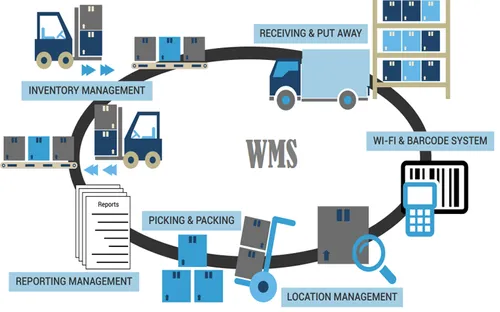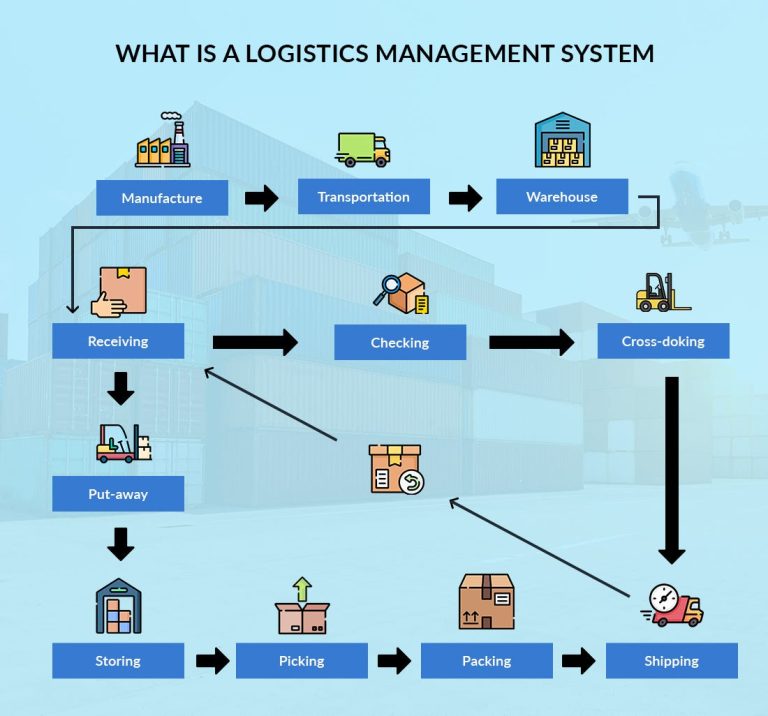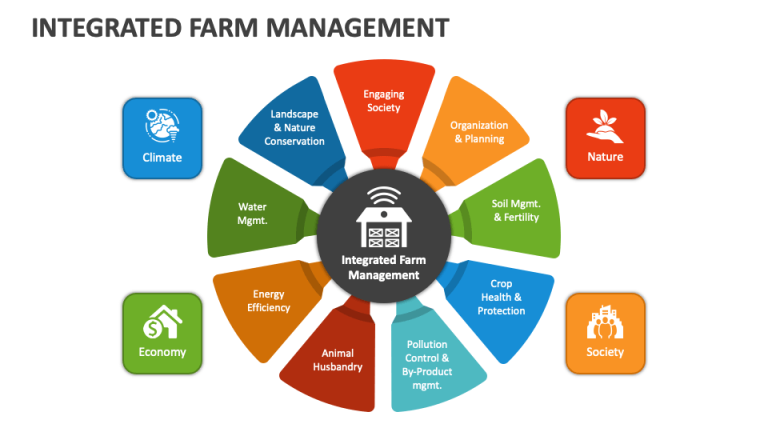Training Course on Balanced Scorecard (BSC) Design and Implementation

About The Course
Course Description
The Balanced Scorecard is a business structure. It is used for managing and tracking the organization’s strategy. The very term ‘balanced scorecard’ derives from the concept of looking at strategic measures in a very balanced view of performance concerning the financial health of the organization. However, in this approach, the organizational analysts evaluate not only the financial performance but also it takes into the regard the performance indicators of customer service, internal process, and learning and growth achieved of the business.
The Balanced Scorecard framework is a very important management system. It provides management with feedback on both internal practices and external outcomes to unceasingly improve business strategies, results, and performance. The Balanced Scorecard was formulated and published by Robert Kaplan and David Norton in 1992. A balanced scorecard is a management approach that acknowledges that financial measures by itself is not satisfactory and that an organization needs a more all-inclusive. It needs to have a set of balanced measures that can mirror different Key Performance Indicators that will contribute to enhanced performance and achieve the strategic goals of the organization.
The Balanced Scorecard concept is driven by the principle that there is a cause-effect relationship between learning, business processes, customers, and financial results. The Balanced Scorecard evaluates and tracks all-round performance across the entire organization. The Balanced Scorecard gives stakeholders, business partners, strategists, business analysts, and the management, the 360-degree insight to improve the decision-making process. Balanced Scorecard also accepts the idea that certain selected measures influence the behaviour of people in the organization. Using this systematic framework connects the dots between the various components of projects and departments working for the organization.
Data collection is key to providing quantitative results to derive qualitative strategies. That is why several companies have already implemented a balanced scorecard methodology. Companies have recognized that the scorecard brings out a vital change to improvise their processes for profitability. Phoenix Center for Policy, Research and Training offers you the most practical and effective steps to develop and implement this framework within your organization through this training program.
Course Objectives
Upon the successful completion of this Training Course on Balanced Scorecard (BSC) Implementation, participants will be able to:
- Understand the major concepts and 4 pillars of the balanced scorecard
- Focus around the key requirements and metrics of the business
- Implement a sturdy performance review consistently
- Learn to formulate organizational strategy and plans
- Align themselves with organizational goals and performance
- Translate organizational plans into measurable KPI’s
- Effectively communicate data and plans to different levels
- Align individual objectives with the organizational objectives
- Design and deploy a scorecard within the existing structure of businesses
Training Methodology
The course is designed to be highly interactive, challenging and stimulating. It will be an instructor led training and will be delivered using a blended learning approach comprising of presentations, discussions, guided sessions of practical exercise, case study review, web-based tutorials, group work, exploration of relevant issues collaborative strength training, performance measurement, and workshops of participants’ displays, all of which adhere to the highest standards of training. The training technique is built on learning by doing, with lecturers using a learner-centered approach to engage participants and provide tasks that allow them to apply what they’ve learned. Experiential knowledge is also given equal importance within the format of training. Our facilitators are seasoned industry professionals with years of expertise in their chosen fields. All facilitation and course materials will be offered in English.
Who Should Attend?
This Training Course on Balanced Scorecard (BSC) Implementation would be suitable for, but not limited to people in every sector who are responsible for designing, developing, implementing, and maintaining a sturdy organizational performance management system. This Balanced Scorecard Certification is also important for those who are responsible for developing efficient performance instruments by selecting appropriate software tools, working on scorecards, reporting, and developing strategic decision making and action plans.
Course Content
Module 1 – Foundations of the Balanced Scorecard Methodology
- Origins and Progression of the Balanced Scorecard Methodology
- Balanced Scorecard as a management concept for different organizations
- Advantages of Balanced Scorecard to increase performance
- Strategies, Design, and Execution of the BSC in existing frameworks
- Balancing non-financial and financial aspects of business
- The Cause-and-Effect Relationship
- Employee influence, productivity, and accountability
- Developing an Efficient Balanced Scorecard that works
Module 2 – Steps in the Balanced Scorecard Implementation
- Successful BSC Program Launch: The 9 Steps
- Assessment of current data and standings
- Strategy Profile
- SMART Strategic Objectives
- Strategy value-chain Mapping
- Performance Measures (KPIs)
- Strategic Initiatives to close performance gaps
- Performance Analysis of evidence-based data
- Organizational Alignment: Integration
- Evaluation
Module 3 – The Balanced Scorecard Strategy
- Balanced Scorecard Management System: Strategy Mapping and Architecture
- Linking values, mission, value drivers, and vision
- Creating a BSC Strategy Map for boosting performance
- Organizational Performance Scorecard
- Profiling priorities and linking them to BSC
- Desired State of Evolution formulation
- Understanding the implementation of the 4 pillars of the Balanced Scorecard
Module 4 – Financial Reporting in the Balanced Scorecard
- Financial Perspective in Balanced Scorecard
- Basic Strategic Ideas related to finance
- Measuring these Ideas concerning other non-financial aspects
- Correct data, reporting, and analysis
- Simplifying the financial overview
- Avoiding pitfalls with financial aspects of BSC
Module 5 – Customer Value Proposition the Balanced Scorecard
- Customer Standpoint in Balanced Scorecard
- Customer Market Segment
- Customer perspective statistics and methods
- Customer Value Plan
- Core Customer Measurements
- Linking Customer Perspective with Financial Perspective
Module 6 – Internal Processes the Balanced Scorecard
- Internal Business Process Viewpoint in Balanced Scorecard
- Operations Processes and its management
- Customer Service Management Processes
- Regulations, Processes, and Compliance
- Fundamental Business objectives and KPI’s
- Linking this measurement with Financial and Customer Perspective
Module 7 – Human Resource Development the Balanced Scorecard
- Learning and Growth Perspective
- Human Resource Wealth
- Information and Data Hub
- Organizational Capacity building
- Alignment of Intangible resources with a strategic approach
- Linkages with the above 3 Perspectives
Module 8 – The Balanced Scorecard Cascading and Documentation
- Balanced Scorecard strategy-focused organization
- Cascading and simplifying a balanced scorecard
- Strategic and Critical Thinking
- Best Performance Management Processes
- Performance Scorecards and Dashboards
- KPI Documentation and Policies
Module 9 – The Balanced Scorecard Best Practices
- Common Pitfalls in a Balanced Scorecard
- Re-working poorly designed scorecard
- Key enablers: Technology and innovation
- Balanced scorecard: Best Practices
- Practical Implementation in different organizational structures
Requirements
- Participants should be reasonably proficient in English.
- Applicants must live up to Phoenix Center for Policy, Research and Training admission criteria.
NOTE
- Discounts: Organizations sponsoring Four Participants will have the 5th attend Free
- What is catered for by the Course Fees: Fees cater for all requirements for the training – Learning materials, Lunches, Teas, Snacks and Certification. All participants will additionally cater for their travel and accommodation expenses, visa application, insurance, and other personal expenses.
- Certificate Awarded: Participants are awarded Certificates of Participation at the end of the training.
- The program content shown here is for guidance purposes only. Our continuous course improvement process may lead to changes in topics and course structure.
- Approval of Course: Our Programs are NITA Participating organizations can therefore claim reimbursement on fees paid in accordance with NITA Rules.
How to Book
Simply send an email to the Training Officer on training@phoenixtrainingcenter.com and we will send you a registration form. We advise you to book early to avoid missing a seat to this training.
Or call us on +254720272325 / +254737566961
Payment Options
We provide 3 payment options, choose one for your convenience, and kindly make payments at least 5 days before the Training start date to reserve your seat:
- Groups of 5 People and Above – Cheque Payments to: Phoenix Center for Policy, Research and Training Limited should be paid in advance, 5 days to the training.
- Invoice: We can send a bill directly to you or your company.
- Deposit directly into Bank Account (Account details provided upon request)
Cancellation Policy
- Payment for all courses includes a registration fee, which is non-refundable, and equals 15% of the total sum of the course fee.
- Participants may cancel attendance 14 days or more prior to the training commencement date.
- No refunds will be made 14 days or less before the training commencement date. However, participants who are unable to attend may opt to attend a similar training course at a later date or send a substitute participant provided the participation criteria have been met.
Tailor Made Courses
This training course can also be customized for your institution upon request for a minimum of 5 participants. You can have it conducted at our Training Centre or at a convenient location.
For further inquiries, please contact us on Tel: +254720272325 / +254737566961 or Email training@phoenixtrainingcenter.com
Accommodation
Accommodation is arranged upon request and at extra cost. For reservations contact the Training Officer on Email: training@phoenixtrainingcenter.com or on Tel: +254720272325 / +254737566961
Start To Learn
5 Days
Certificate
Course Duration
Course Price
Training Calendar
2024 Training Calendar | |||
Start Date | End Date | Location | Register |
| 10-Jun-2024 | 14-Jun-2024 | Nairobi | https://rb.gy/tb38zt |
| 24-Jun-2024 | 28-Jun-2024 | Nairobi | https://rb.gy/tb38zt |
| 8-Jul-2024 | 12-Jul-2024 | Nairobi | https://rb.gy/tb38zt |
| 22-Jul-2024 | 26-Jul-2024 | Nairobi | https://rb.gy/tb38zt |
| 5-Aug-2024 | 9-Aug-2024 | Nairobi | https://rb.gy/tb38zt |
| 19-Aug-2024 | 23-Aug-2024 | Nairobi | https://rb.gy/tb38zt |
| 2-Sep-2024 | 6-Sep-2024 | Nairobi | https://rb.gy/tb38zt |
| 16-Sep-2024 | 20-Sep-2024 | Nairobi | https://rb.gy/tb38zt |
| 30-Sep-2024 | 4-Oct-2024 | Nairobi | https://rb.gy/tb38zt |
| 14-Oct-2024 | 18-Oct-2024 | Nairobi | https://rb.gy/tb38zt |
| 28-Oct-2024 | 1-Nov-2024 | Nairobi | https://rb.gy/tb38zt |
| 11-Nov-2024 | 15-Nov-2024 | Nairobi | https://rb.gy/tb38zt |
| 25-Nov-2024 | 29-Nov-2024 | Nairobi | https://rb.gy/tb38zt |
| 9-Dec-2024 | 13-Dec-2024 | Nairobi | https://rb.gy/tb38zt |
| 16-Dec-2024 | 20-Dec-2024 | Nairobi | https://rb.gy/tb38zt |




